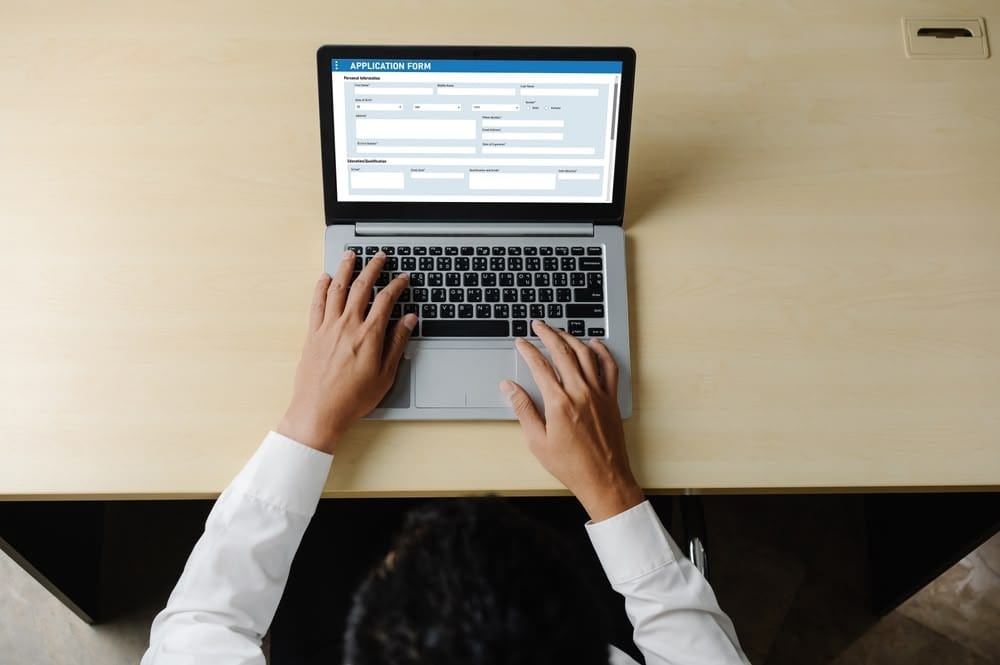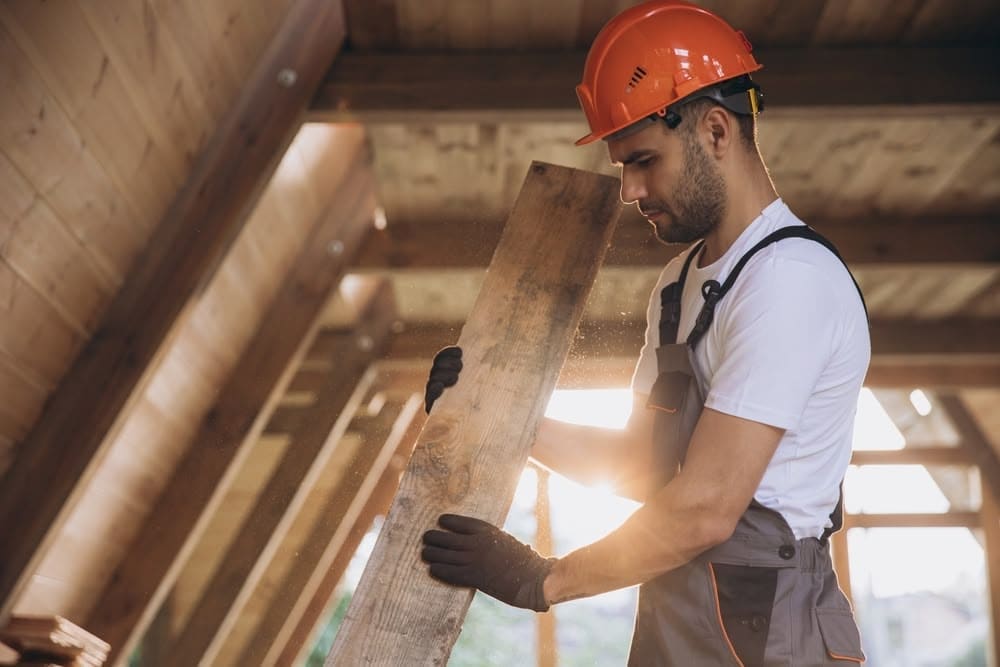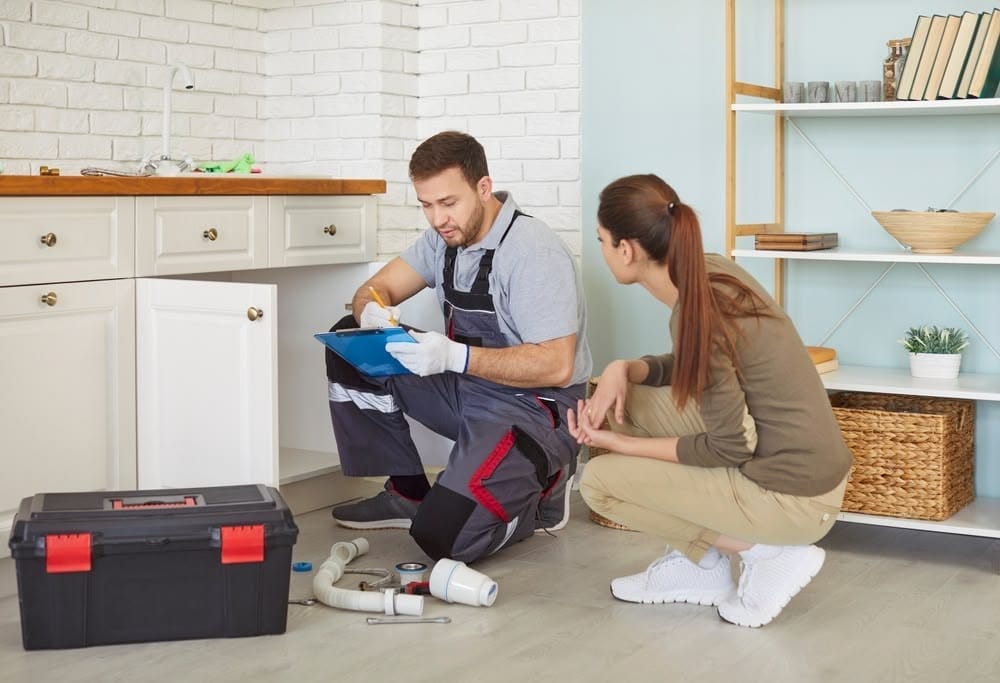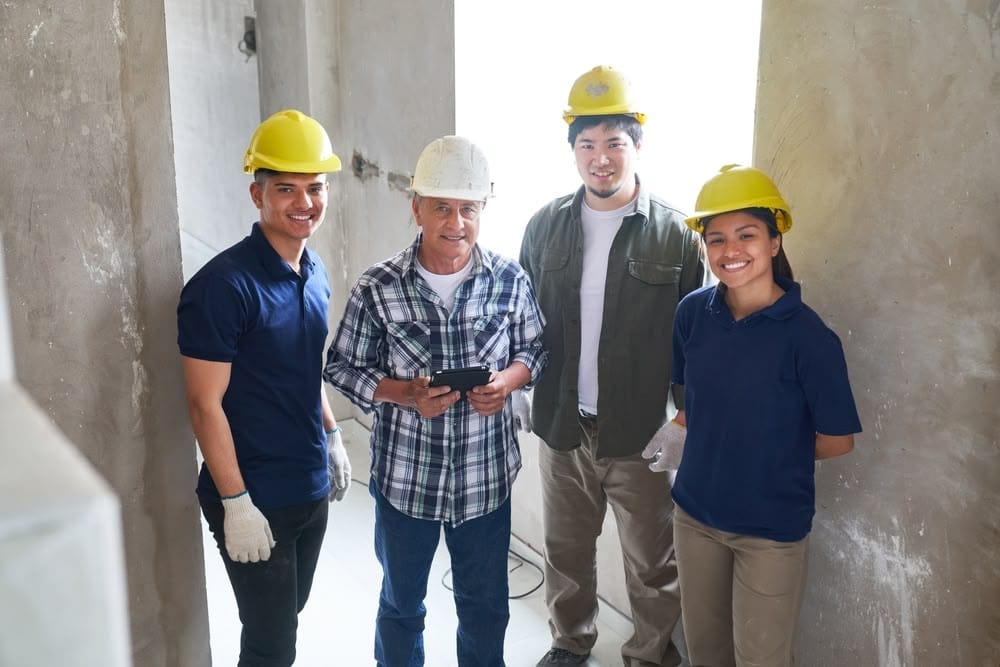Is a California Contractor License Worth It in 2026?
Is a California Contractor License Worth It in 2026? If you have spent any time in the trades in California, you have probably asked yourself this question at least once. The process takes months, costs money, and requires serious preparation. So before you commit to it, you deserve a straight answer grounded in what the … Read more










